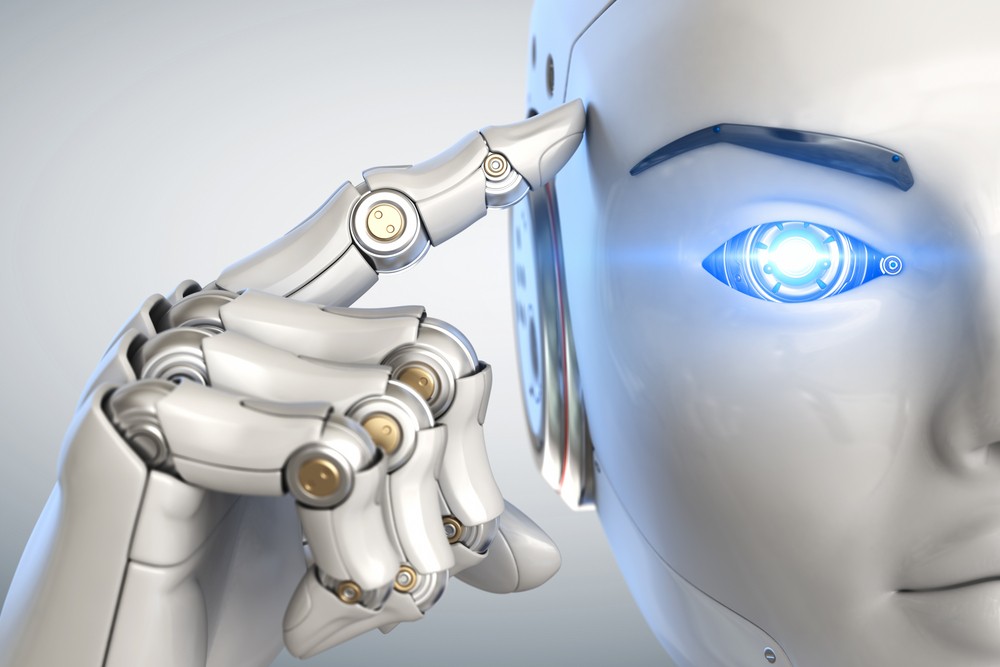AIOps is a key example of this – applying artificial intelligence (AI), machine learning (ML), and big data analysis to automate and ultimately enhance IT operations. Once implemented, there is a significant improvement in speed, agility, and efficiency for the business, with any anomalies being identified and often fixed in real-time. As IT teams continue to face a surge in operational data volumes and complexities due to multi-cloud and remote working environments, the adoption of AIOps has never been more important for organisations.
The key benefits of AIOps
There are a variety of key benefits that come with implementing an AIOps solution, which provide insight into all layers of the IT environment. By combining the power of machine learning with IT, AIOps separates the true problems which may urgently need addressing, from the false alarms which can often appear in extremely complex environments. Artificial intelligence and machine learning are both incredibly valuable tools when it comes to analysing performance data and identifying patterns which help IT teams take precautionary maintenance measures.
Where some customers already have knowledge on identifying patterns, organisations may find it helpful to have a more modern approach with no-code capabilities, which can capture that user-defined knowledge. AIOps not only provides a more effective approach to automatically identifying patterns and accelerating root cause isolation, but in environments where there is so much data and complex dependencies, it is the only suitable approach for managing and reducing noise. An intelligent AIOps solution automates manual processes meaning organisations will begin to see an increase in employee satisfaction, productivity and customer retention, as well as significantly saving time and resources.
Making the switch
To start on a successful AIOps strategy, it is essential for organisations to assess what the business is set to gain from the initiative. For example, this could be addressing current needs such as more effective event noise reduction or faster probable cause analysis to help reduce issues. Additionally, it would be used for identifying areas of ITOps friction that need to be addressed.
The next aspects to address are the people, processes, and tools. IT organisations often work across complex, hybrid environments, meaning it is more expensive to use traditional approaches, and workload can rapidly become unmanageable. When it comes to selecting the right tools, it is critical for teams get the appropriate vendor, which can address the specific use cases and assist the business in achieving its goals. The value of the solution will increase with a vast amount of data, enabling it to observe and analyse in real-time. It is important for an AIOps solution to have an open approach which can be integrated with existing IT tools and data sources, to support agility and collaboration across all functions.
Embracing digital transformation
Over the next couple of years, AIOps is expected to become significantly more mainstream, as organisations continue embracing digital transformation and becoming an autonomous digital enterprise (ADE). In an ADE, automation is a complementary business function which works alongside humans to execute tasks faster, free employees from manual tasks and lower costs, while improving customer satisfaction. With the rapid adoption of technologies such as IoT and 5G, data volumes will continue increasing and become harder to manage. The demand for AIOps will therefore increase, as businesses attempt to meet performance demands. There will also be a stronger link between DevOps and IT Ops, which will use insights from AIOps to ensure that performance management of applications is at the forefront. As the adoption of cloud-based apps and services is already in motion for many organisations, AIOps will start to play a central role in managing these. The rapid improvement in technology along with algorithms becoming mainstream, mean the mass adoption of AIOps is inevitable.
As data volumes and the adoption of technologies such as IoT and 5G increases, AIOps will become essential to any data-driven business. AIOps enables organisations to use predictive problem solving approaches which results in more intelligent business decisions. With the solution, there is reduced disruptions and time spent on manual tasks, which gives employees the chance to focus on driving operational excellence and helping the business evolve into an ADE.




